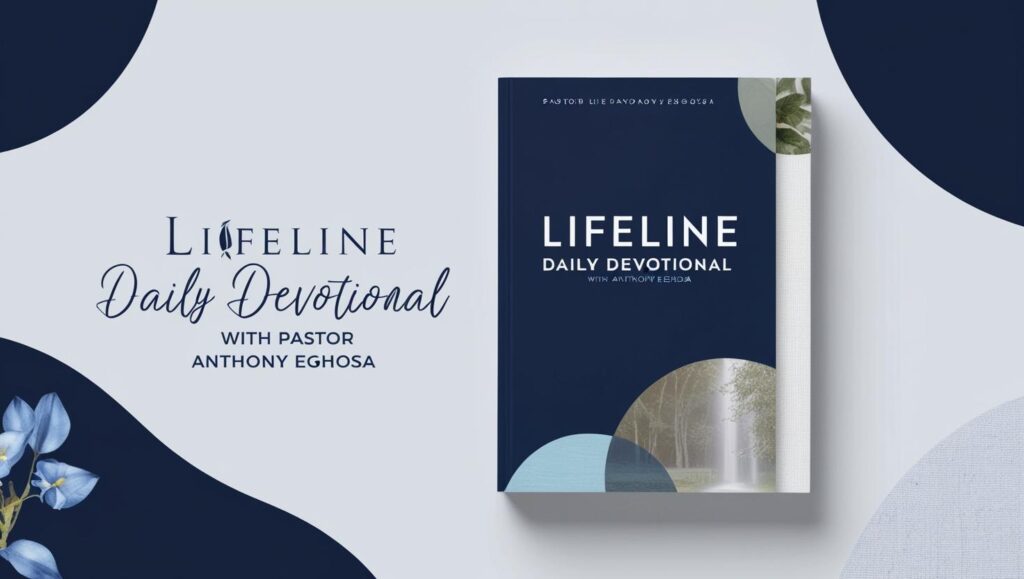KEY VERSE:
“Do all things without murmurings and disputings.” – Philippians 2:14 (KJV)
INTRODUCTION
The wilderness is often symbolic of seasons of testing, transition, and preparation.
In the natural world, deserts are full of dangers—scorching heat, treacherous paths, and life-threatening conditions. Spiritually, wilderness experiences can be just as perilous. These are moments when life feels uncertain, direction seems unclear, and God’s voice appears silent. If not properly navigated, such seasons can lead to spiritual missteps.
To be forewarned is to be forearmed. From the account of Israel’s wilderness journey, we gain valuable insight into the attitudes and responses we must avoid if we are to emerge from the desert stronger and closer to our destiny.
MESSAGE
1. Murmuring and Complaining
One of the Israelites’ first responses to adversity in the wilderness was murmuring. When they encountered bitter water at Marah, they immediately grumbled against Moses (Exodus 15:24). Complaining became a recurring pattern— their habitual way of dealing with hardship. Yet murmuring is not just about people or circumstances—it is ultimately a complaint against God.
When we murmur in trying times, we are protesting against God’s providence and questioning His wisdom in allowing difficult seasons. But the truth is that our sovereign God is orchestrating every event in our lives to shape us for His purpose. According to Romans 8:28–29, He is working all things—the good, the bad, the pleasant, and the painful—together for our transformation. Therefore, when we feel lost, weary, or uncertain about our next step, we must guard against this spiritual pitfall of murmuring.
2. Questioning God’s Purpose
Another common peril is questioning God’s intention: “Why am I going through this? Why did God allow this to happen?”
The Israelites constantly questioned God’s plan:
“And why have ye brought up the congregation of the Lord into this wilderness, that we and our cattle should die there?” – Numbers 20:4
Honest questions aren’t inherently wrong. What matters is our response afterwards. Even Jesus, in His most agonizing moment, cried out, “My God, My God, why have You forsaken Me?” (Matthew 27:46). However, He followed up with unwavering trust and full surrender: “Into Your hands I commit My spirit” (Luke 23:46).
This is the model we are to follow when we ask questions. Our trust in God must remain firm, even when answers are delayed or unclear. The wilderness is not a place to abandon faith—but to anchor it deeper.
CONCLUSION
Your wilderness experience is not a waste of time. To come through it stronger and closer to your destiny, you must guard your heart. Avoid the traps of murmuring and unbelief. Trust that even when you don’t see the full picture, God is at work—leading you through the desert into your promised land.
PRACTICAL REFLECTION
- Are you murmuring in your current season, or are you trusting God’s process?
- Are your questions drawing you into deeper surrender or leading to doubt and rebellion?
- Can you submit to God’s hand even when you don’t understand His plan?
PRAYER POINTS
- Lord, forgive me for every time I have murmured or complained during my trials.
- Help me to trust Your process even when I don’t understand the purpose.
- Father, strengthen my heart to endure the wilderness and emerge in victory.
FURTHER STUDY
- Exodus 15:22–25
- Numbers 20:1–13
- 1 Corinthians 10:10
- Isaiah 43:18–19

